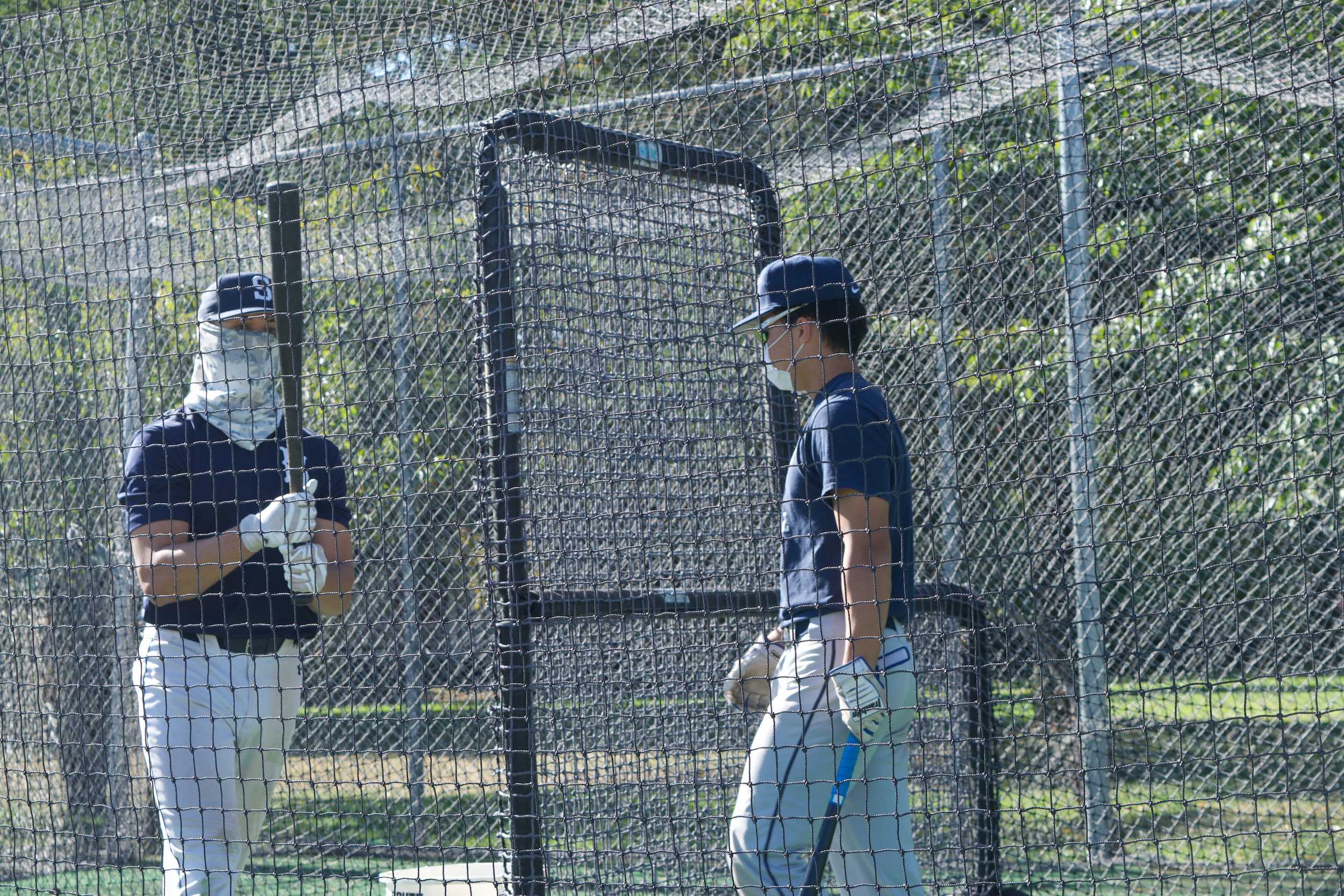 By Mikayla Davis,
By Mikayla Davis,
SFCC’s Early Alert program is in progress.
Some students are beginning to receive calls from the Peer Services team at Spokane Falls Community College as part of SFCC’s Early Alert program.
Connie Pittman is the Student Achievement Manager at SFCC and is spearheading the Early Alert program.
“The mission for the Early Alert team is to connect students to resources as early as possible so they can be successful,” Pittman said. “We wanted to put in a system that helps us identify students who are having academic challenges early in the quarter.”
The Early Alert program is a system CCS has put in place where instructors and students can send in an alert when students begin to struggle. Those alerts get sent to a Pittman and Wendy Derain, the Student Development Program Coordinator. They and a team of 14 staff, faculty, and administration contact the students either through email or phone and sometimes in person.
“One of the first things we do is ask if they’ve been in to see a peer tutor,” said Pittman. “If we find out early on in the quarter that it’s an issue with something like not having books yet, or not having a way to get to school, we can try to connect them with resources on campus to help face that before it’s too far into the quarter.”
According to data collected by Sally Jackson, the Director of Planning, the program is working in some departments.
In 2012, when the Early Alert system first went into effect the fitness center credit-class success rates were at 69.8 percent. As of fall 2014, success rates are up to 74.2 percent.
“Our goal is to get that number close to 80 percent,” said Keith Snyder, one of the physical education instructors submitting Early Alerts. “We’re getting closer.”
The number of instructors and departments using the Early Alert program has also increased since the program began in 2012.
According to data collected by Derain, only 11 departments were involved and in the Early Alert’s first quarter and only 39 alerts were sent in. Last quarter that number increased to 19 departments and 251 alerts submitted.
“When we first started doing this, people were primarily submitting alerts during week six, seven, and eight,” Pittman said. “Now we’re doing a really strong promotional campaign to say that’s no longer an early alert.
The prime weeks for Early Alert are between the second and fourth week of the quarter. Instructors are encouraged to use instructor-initiated drop during the first week of quarter for a lack of attendance.
“If a student doesn’t show up, an instructor drops them to make room for students who want those classes,” said Pittman. “If you wait until the second week to come back to school, you’ve missed a whole week of class and your likelihood of being successful is going to be lower anyway.”
According to Derain, one of the reasons they want to contact students early is so, if they need to, they can drop out of the class before it affects their grades and financial aid.
“More students successfully withdraw because we call them and remind them that they have to do it by a certain day,” Derain said.
There are certain days when students are able to withdraw from a class with a 100 percent refund, a 50 percent refund, or no refund. Past a certain point students are no longer able to withdraw without it affecting their grades. These deadlines are usually within the first four weeks of the quarter.
“One of the things that’s happening is we’re getting students who are failing arranged classes where students are supposed to go in on their own time and do activities and assignments,” Pittman said. “I would love to encourage students to schedule all of their classes, including the arranged ones, and plan to go in during the week to do them.”
The success rates for the fitness center also seem to support an improvement in successful withdrawals. The success rate for students is increasing but the enrollment numbers are steadily decreasing.
In 2012-2013 there were 2142 students enrolled at the SFCC fitness center with a pass rate of 69 percent. This last fall there was a higher pass rate but there were only 612 students enrolled.
“Every single failure to complete a course not only impacts your GPA but it impacts your financial aid,” said Pittman. “Early Alert is here to support students but students still need to do the hard work of showing up to class and doing their assignments.



